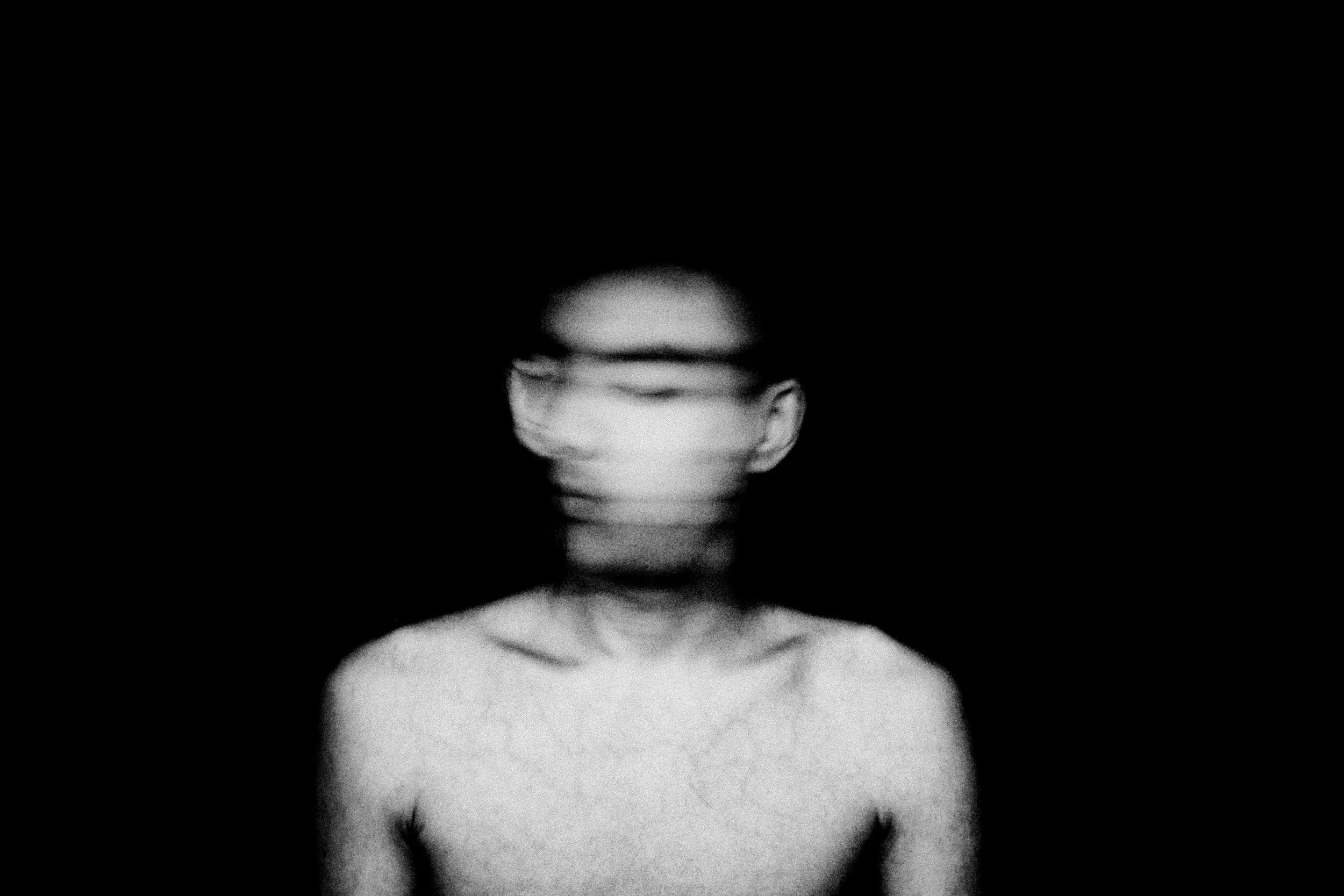Reclaiming Selfhood in a Digital World
By the time a young person reaches their mid-teens, they’ve spent over a decade building an identity—shaped by family, school, friendships, and increasingly, their digital life. For Transitional Age Youth (TAY)—typically defined as those aged 15 to 26—this period marks a crucial passage into adulthood, marked by change, choice, and complexity.
Why Australian Universities Should Offer Philosophical Counselling
8 Good Reasons
In a world where AI is accelerating, workplaces are changing, and young people face rising mental health challenges, universities need to educate for more than just knowledge and skills. Research in flourishing sciences shows that wellbeing, purpose, and belonging are not “extras”—they are foundational to learning, leadership, and life outcomes (Keyes, 2007; Seligman, 2011; VanderWeele, 2020).
Losing the Role, Finding Yourself: Philosophical Health and Transitions
“When the applause dies, who am I left to be?”
This question echoes in many lives—teenagers drowning in digital validation, elite athletes lost when fame ends, men struggling to find themselves after career or health upheaval. Too often, identity is built on performance and external validation. When those roles vanish, many men face a void—and without a deeper inner foundation, that void can become despair.


